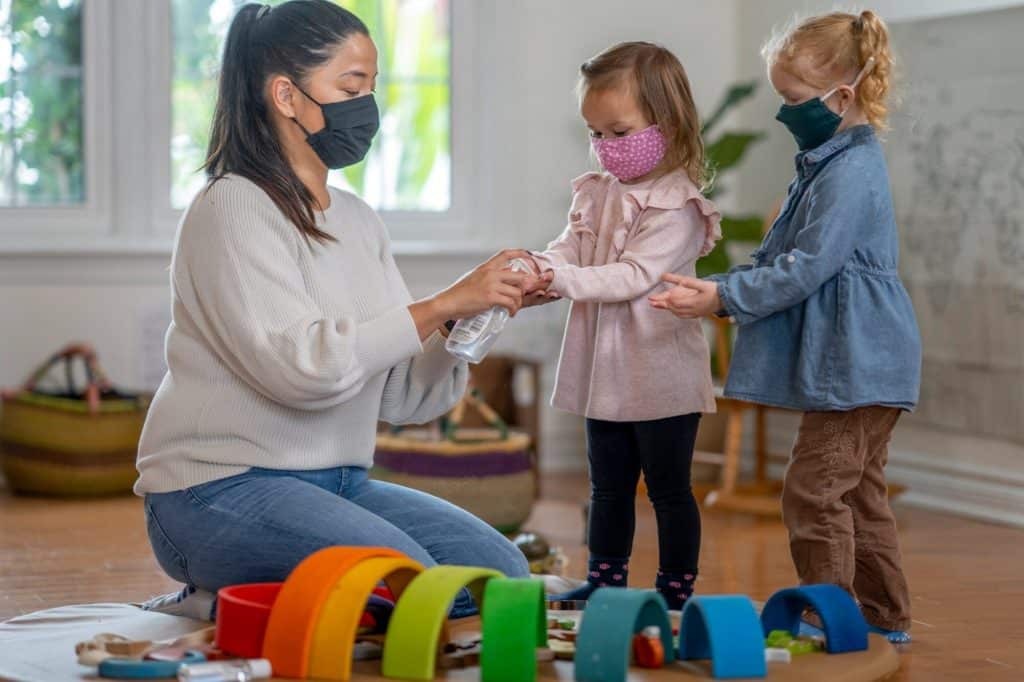UPDATE YOUR EDUCATOR NANNY RESUME TO INCLUDE YOUR TEACHING SKILLS

As businesses begin to open back up and work from home families open their doors to their nannies, many caregivers are gathering their materials, arming themselves with their certifications, letters of recommendation, and most importantly, their resumes. In this new, extremely competitive job market, it’s imperative that nannies highlight their unique skill set in order to market themselves. After months of zoom classes and the possibility of a continuing online school year, nannies need to highlight their ability to educate as well as care, in order to stand out in a sea of applicants. The best way for nannies to rise above the rest is to highlight their educator experience in their resume.
Comparative Analysis 1
- Transported children to and from school
- Assisted in scheduling and provided help with homework when needed
- Provided meals
- Assisted in tutoring in math, science and reading
- Used education level appropriate tutoring techniques to help child reach targeted grades in all subjects
- Provided emotional and educational support, lifting child’s confidence and helping them raise their GPA by one whole letter grade
- Assisted with school projects that resulted in 33% average improvement in the child’s grades
- During the summer months, created and instructed child in fun and engaging curriculum to ready them for the school year
Comparative Analysis 2
In this example, the nanny is simply placing the attention on their educational background, rather than the overall range of care they provided.
- Played backyard sports
- Monitored arts and crafts
- Provided pointers and engaged the child in fun drills and exercises to improve overall skill and ability in soccer. After weeks of targeted practice, the child went from bench playing to starting in games.
- Based on the child’s interest in the ocean, researched and created exciting nautical crafting projects for the child to create.
“In this new, extremely competitive job market, it’s imperative that nannies highlight their unique skill set in order to market themselves. After months of zoom classes and the possibility of a continuing online school year, nannies need to highlight their ability to educate as well as care, in order to stand out in a sea of applicants. ”
To bolster your nanny resume to highlight your educator skills, it would also behoove you to mention your own academic experience. Were you part of a peer mentoring group in high school? Did you graduate Cum Laude? Have you taught a sport or art class? Get creative! Think back on your past experiences to what parents would most like to know about how your educational experience can assist in their child’s development. If you feel like you may be lacking in this area, or you simply want to give your resume the extra push forward, sign up for an online educator class, and add it to your resume.
In Conclusion
The new nanny job market is going to be a learning curve for many nannies to navigate. Highlighting unique educational experience will be what helps many nannies stay on top of the applicant pool, and make sure that they are the first to be hired. If you are a nanny struggling with their resume, reach out to us!
Share this post
Update your Educator Nanny Resume Read More »






